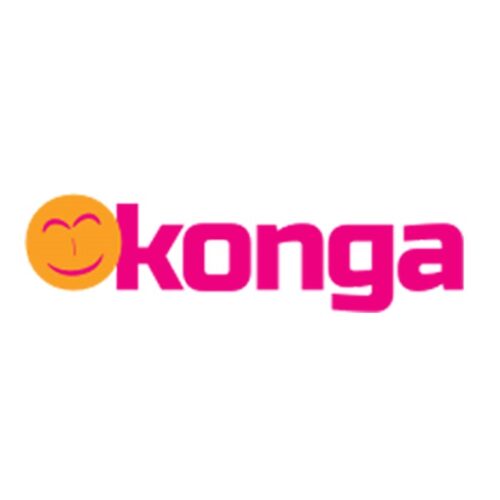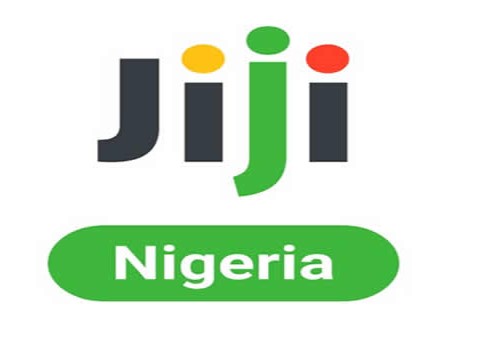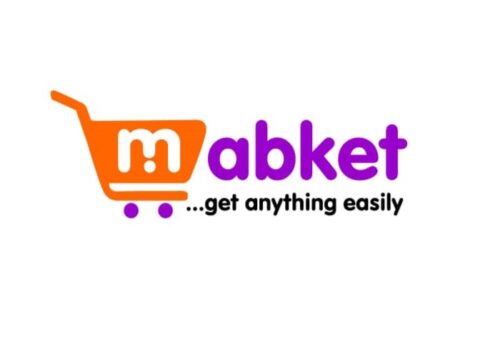
The digital landscape offers endless opportunities for entrepreneurs in Nigeria, making it easier than ever to start an online business and sell products or services. With over 200 million people in Nigeria, e-commerce platforms provide the tools to reach a vast audience from the comfort of your home. However, choosing the right platform is crucial for success.
When deciding on an e-commerce platform, consider factors such as its user base, customer trust, fees, payment systems, and logistics capabilities. Careful evaluation will help you pick a platform that aligns with your goals and supports the growth of your online business.
Here are five top e-commerce platforms in Nigeria to consider for your business in 2025:

1. Jumia
Jumia remains Nigeria’s most recognized e-commerce platform, boasting over 81 million monthly website visits. In 2023, it processed transactions worth $750 million across its various markets, with Nigeria being its largest.
Jumia facilitates delivery through its logistics network, with fees ranging from ₦500 to ₦5000, depending on item size and location. Buyers can also opt for pick-up centers nationwide. The platform offers global shipping options, making it ideal for businesses looking to access Nigerian consumers from abroad.
Jumia supports affiliate marketing, enabling marketers to earn commissions on sales made through their unique links. Additionally, its “J Force” network helps customers in areas with limited internet access to place orders. Sellers can enhance visibility through paid promotional features available on the platform.

2. Konga
Konga is another leading name in Nigeria’s e-commerce sector. Known for its user-friendly seller sign-up process, Konga charges a 3% commission per sale. Its logistics arm, K-Xpress, ensures timely delivery, while sellers enjoy flexibility in determining their return policies.
Konga offers a broad array of products, including electronics, fashion, and household items. Its focus on seamless shopping experiences has solidified its position as a trusted platform for buyers and sellers alike.

3. Jiji
Jiji is a popular platform, attracting around 12 million unique visitors monthly and ranking as the 42nd most visited website in Nigeria. Its appeal lies in accessibility, as it is pre-installed on many Android devices and available for Airtel users without internet data.
While listing on Jiji is free, sellers can opt for premium services to boost visibility and sales. Unlike platforms with integrated logistics, Jiji focuses on facilitating direct communication between buyers and sellers, allowing them to arrange deliveries independently.

4. Selar
Selar is tailored for creators and entrepreneurs selling digital products such as e-books, online courses, and event tickets, though it also supports physical goods. With over ₦4 billion paid to sellers in 2023, Selar continues to gain traction among Nigerian business owners.
The platform offers free and paid plans, with premium options granting features like custom domains, PayPal integration, and affiliate access. Selar partners with global payment providers such as Stripe and Paystack, allowing sellers to receive payments from international customers.
Selar’s affiliate marketing program lets sellers recruit marketers who earn commissions on sales made through custom links. In 2023, this program facilitated the sale of 8,000 products, generating substantial revenue for marketers.

5. MABKET
At MABKET, their mission is to empower small and medium-sized businesses (SMBs) by providing a comprehensive platform that simplifies selling online. They believe every entrepreneur deserves a chance to showcase their products to a global audience without the technical and logistical challenges typically associated with e-commerce.
At MABKET, entrepreneurs can choose from three subscription plans: Starter, Premium, and Standard, each tailored to meet diverse business needs. Unlike traditional marketplaces, Mabket prioritizes seller autonomy. Vendors retain full control of their branding, customer data, and pricing strategies. This empowers businesses to grow sustainably while maintaining strong customer relationships.
According to the CEO, this is just the beginning as his vision is to create an inclusive digital economy where anyone, regardless of location or background, can build a successful e-commerce business with buyers rest assured of the authenticity of the products being purchased.
These e-commerce platforms cater to diverse business needs, from established brands to new entrepreneurs. Choosing the right platform depends on your goals, products, and preferred level of control over your business. By leveraging the strengths of these platforms, you can effectively tap into Nigeria’s growing e-commerce market and set your business on a path to success.


